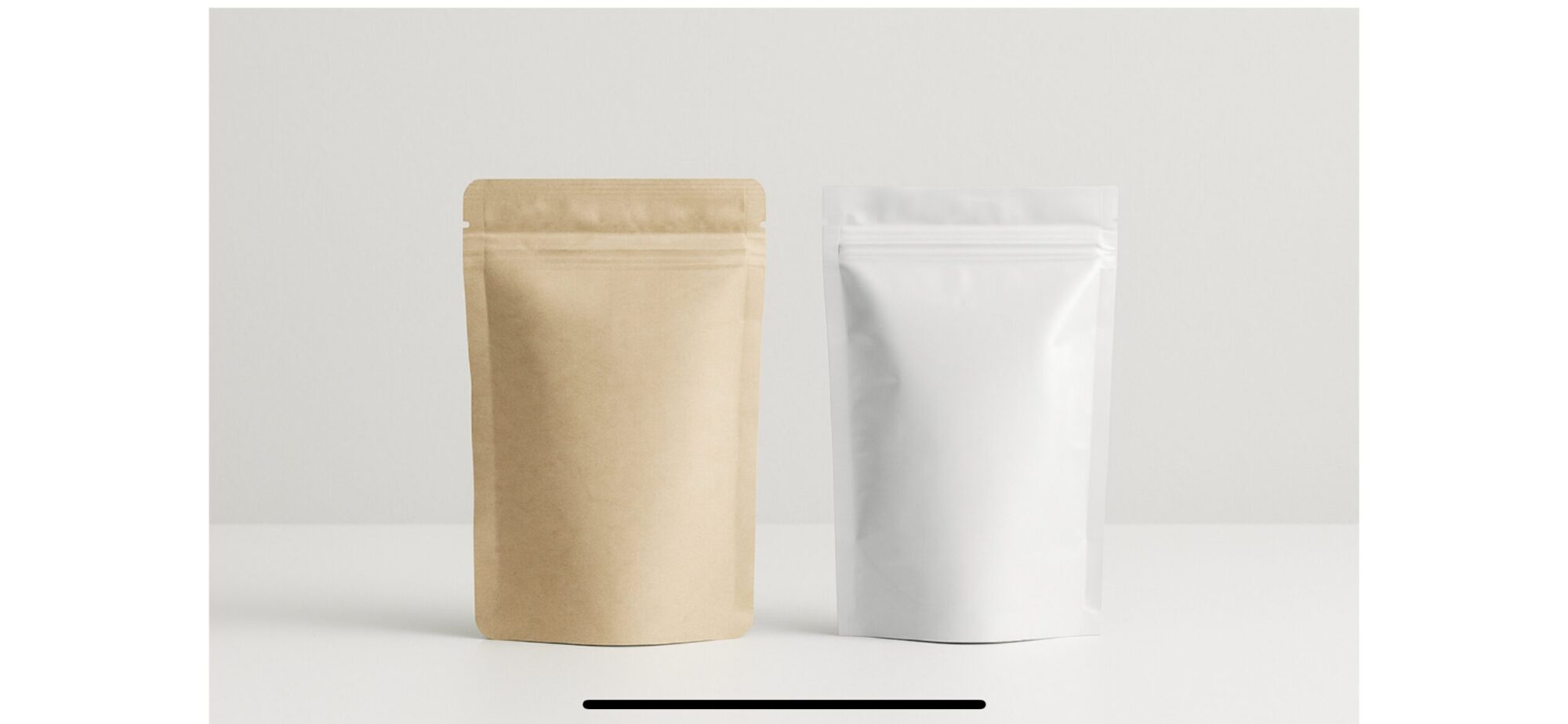The retail industry is undergoing a significant transformation as eco-friendly practices become increasingly essential. Packaging, a vital component of consumer goods, is at the forefront of this sustainable revolution. Companies are now tasked with meeting consumer demands while maintaining environmental integrity.
Sustainability has emerged as a pivotal element in the retail landscape, reflecting a broader societal shift towards environmental responsibility. Packaging plays a critical role in this movement, as consumers increasingly demand products that align with their values. Companies like Atlantic pouches face the challenge of integrating eco-friendly solutions without compromising on quality or cost-effectiveness. This balance is crucial as businesses strive to satisfy both ecological and consumer expectations.
Trends in sustainable packaging
The adult retail sector is embracing eco-conscious packaging solutions, driven by consumers who are more informed about the environmental impact of their purchases. Sustainable packaging offers numerous benefits, including reduced environmental impact and decreased reliance on non-renewable resources. These advantages not only appeal to environmentally conscious consumers but also enhance brand reputation and customer loyalty.
Companies are exploring innovative materials such as biodegradable plastics, recycled paper, and plant-based alternatives. These options offer functional benefits while supporting sustainability goals. The shift towards these materials reflects a growing awareness among manufacturers about their environmental responsibilities. By adopting these solutions, businesses can reduce waste and contribute to global efforts to combat climate change.
Moreover, sustainable packaging often leads to cost savings in the long run. While initial investments may be higher, the reduction in material waste and energy consumption ultimately lowers production costs. This financial benefit further incentivizes companies to prioritize eco-friendly options, creating a positive feedback loop that supports ongoing innovation and adoption within the industry.
Challenges in implementing eco-friendly packaging
Implementing sustainable packaging poses several challenges for companies. One primary concern is balancing the increased costs associated with eco-friendly materials against consumer price expectations. Businesses must carefully manage this trade-off to ensure that their products remain competitive without sacrificing environmental commitments. Navigating these complexities requires strategic planning and investment in sustainable technologies.
Another consideration is maintaining product quality and safety standards while transitioning to new materials. Eco-friendly options must meet rigorous performance criteria to ensure they protect products effectively during shipping and handling. Achieving this balance requires collaboration between manufacturers, suppliers, and regulatory bodies to establish industry-wide standards for sustainable packaging solutions.
Consumer education also plays a vital role in addressing these challenges. By informing customers about the benefits of eco-friendly packaging, companies can foster greater acceptance and willingness to pay a premium for sustainable products. This approach not only supports environmental goals but also enhances brand loyalty by aligning with consumer values.
Innovations driving sustainable packaging
The adult retail industry is embracing cutting-edge innovations in sustainable packaging to meet evolving consumer demands. For instance, compostable films and reusable containers are gaining traction as viable alternatives to traditional packaging methods. These solutions offer significant environmental benefits by minimizing waste and reducing reliance on single-use plastics.
Innovative designs are also emerging, such as compact packaging that reduces material usage without compromising product integrity. These advancements showcase the industry’s commitment to sustainability while maintaining functionality and aesthetic appeal. Successful implementations of these innovations demonstrate their potential to enhance brand image and increase customer satisfaction.
The impact of these innovations extends beyond environmental considerations, influencing consumer perception and purchasing decisions. Brands that prioritize sustainability often enjoy a competitive edge in the marketplace by attracting eco-conscious consumers who value environmentally responsible practices. As these innovations continue to evolve, they will play an increasingly important role in shaping the future of adult retail packaging.































